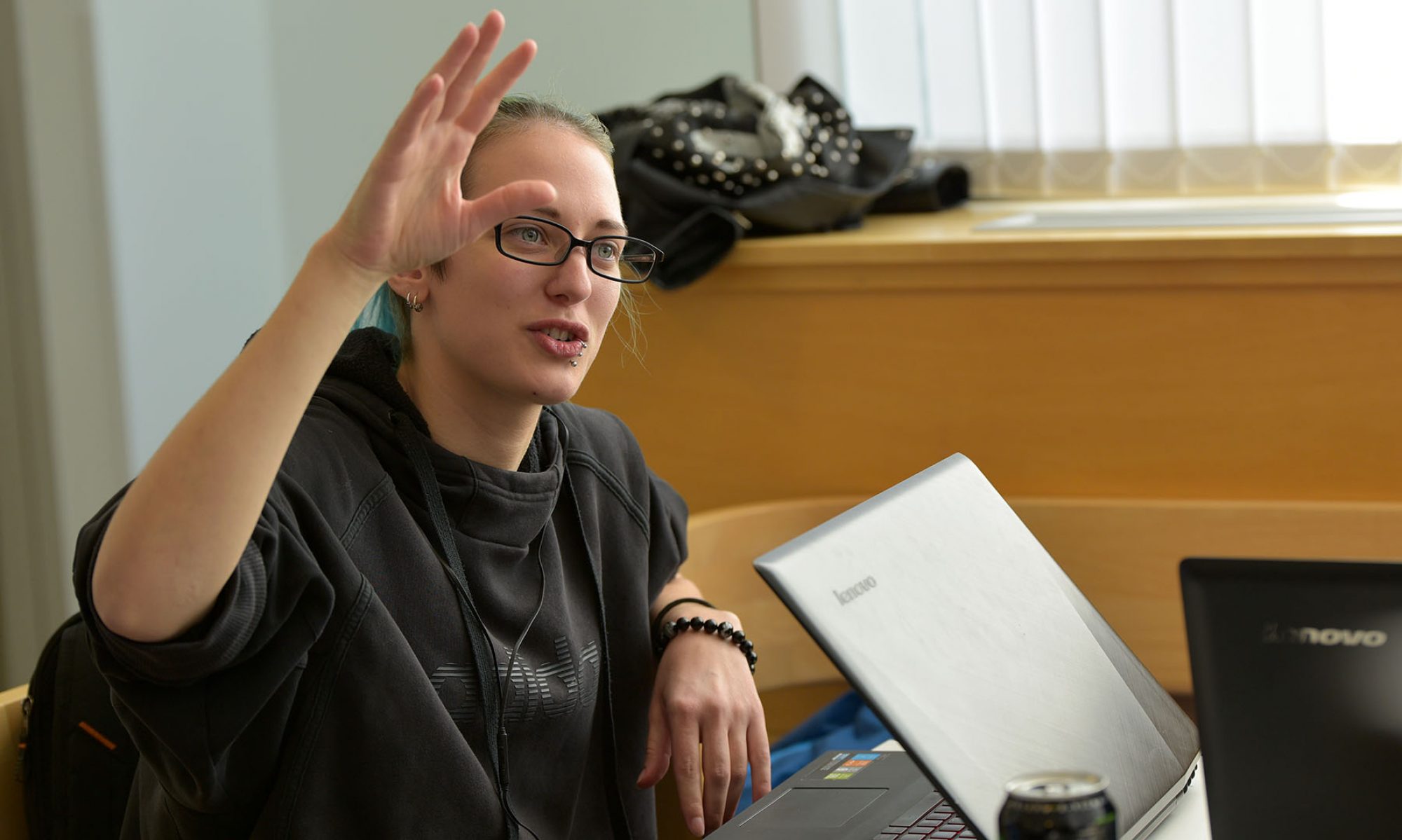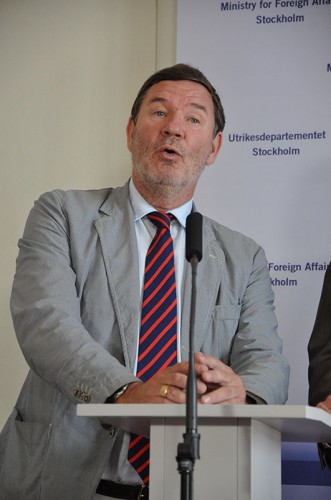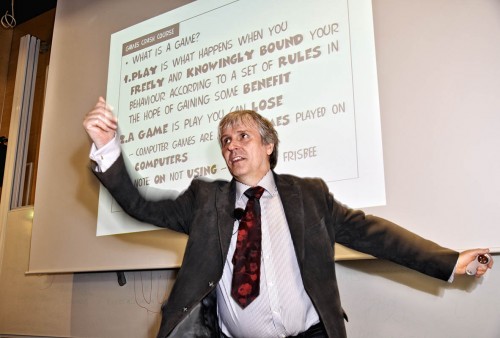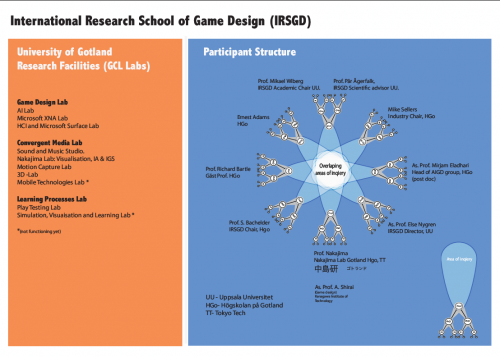This lecture is part of the Serious Games for Human Rights. It is open to the public!
Discussions on international law, human rights and digital games are often held along the lines that certain games, especially some FPS games, violates these rules in the game play and that there is a risk that individuals/gamers may be affected and carry out these violations in real life. While the second part of this argument is controversial and yet to be backed up by convincing research, also the first part is not fully convincing, since unlike humans in real life, the pixels on the screen does not have rights and obligations. It is after all only a game. But in real life, also in a conflict zone, legal matters plays a very important role in how people and organizations decides to act, what they do and don’t do. Introducing aspects of human rights and laws of war into the game could be one way of creating a more realistic, thoughtful and challenging gaming experience and to take it to a new level.
Daniel Nord joined the Stockholm International Peace Research Institute (SIPRI) as it’s Deputy Director in 2005. He previously worked in the Secretariat for the Weapons of Mass Destruction Commission (WMDC), an international commission headed by Dr Hans Blixt. He has also worked as a Legal Adviser to the Swedish Red Cross.
Time: Friday, Oktober 14th, 13:00
Location: E22
The rest of the programme:
13.00 Lecture by Daniel Nord
“Why international law matters in creating more challenging games”
14.30 Lecture by Jonas Thente
“Can Gaming Increase the Awareness of Human Rights?”
16.00 Panel debate with the speakers, Anne Duse from Gotland University GAME and game designer Ernest Adams.



